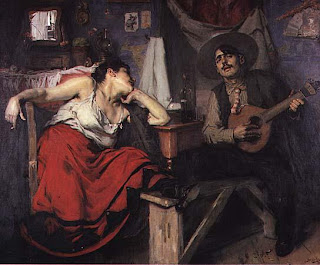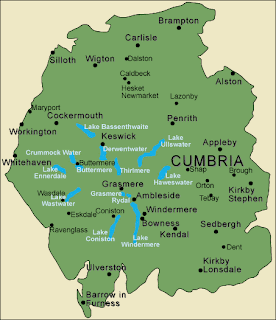Quotes on the subject of Genius!
This months quotes are all about the idea of genius, and they all come from - arguably – geniuses
“The difference between stupidity and genius is that genius has its limits.”
Albert Einstein
“True genius resides in the capacity for evaluation of uncertain, hazardous, and conflicting information.”
Winston Churchill
“I put all my genius into my life; I put only my talent into my works.”
Oscar Wilde
“Common sense is genius dressed in its working clothes.”
Ralph Waldo Emerson
“Genius is the ability to put into effect what is on your mind.”
F. Scott Fitzgerald
Idioms – Go bananas
This month we have gone bananas for idioms related to madness!
Idiom: (n). an expression, word or phrase that has a figurative meaning that is separate from the literal meaning or definition of the words of which it is made.
Go bananas
If someone becomes very emotional and starts behaving in a crazy way, they go bananas.
"If you announce that you're going to drop out of school,your parents will go bananas!
Away with the fairies
To say that someone is away with the fairies means that they are in such a dreamy state that they are not totally in touch with reality and give the impression of being slightly mad.
"It's no use trying to explain the problem to her - she's away with the fairies!"
Basket case
A person who's agitated mental state leaves them helpless or unable to cope with things is called a basket case.
"Jenny will turn into a basket case if this stressful situation continues."
The lights are on, but no one is home
A humorous way of referring to a person who is lacking intellect and/or sanity,or to someone who is simply preoccupied and not paying attention.
"Forget about Andy today - the lights are on but no one is home!"
Have you gone out of your mind?
If you ask someone if they've gone out of their mind, you think they are crazy, foolish or insane.
"You're going to ask for a 100% increase in salary?Have you gone out of your mind?"
Go nuts
To say that a person has gone nuts means that they have become completely foolish, eccentric or mad.
Have a screw loose
If someone has a screw loose, their behaviour is strange and they appear slightly mad.
"She wears a fur coat in summer - she must have a screw loose!"
The text was taken from:
© Clever Pants 2011






































